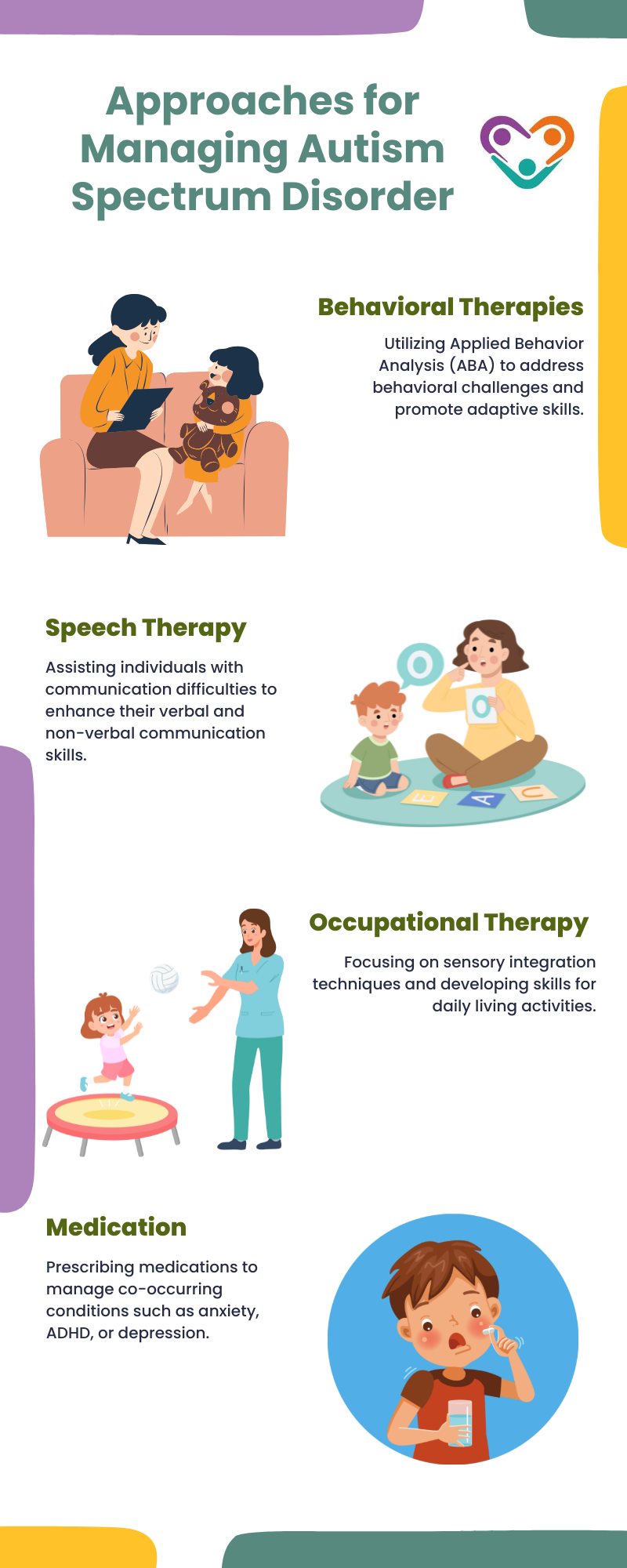The idea of a “cure” for autism has sparked countless conversations and debates, often leaving families and individuals searching for answers. Some see autism as a challenge to overcome, while others view it as an integral part of a person’s identity. This complex and deeply personal topic raises questions about science, acceptance, and the diverse experiences of those on the spectrum.
Can Autism Spectrum Disorder Be Cured?
No, autism spectrum disorder cannot be cured. Autism is a neurodevelopmental condition characterized by differences in brain structure and function that persist throughout a person’s life. These differences influence how individuals perceive, interact with, and respond to the world.
While there is no “cure,” early intervention therapies, support systems, and tailored strategies can significantly improve an individual’s quality of life, communication skills, and independence. These approaches are designed to help individuals thrive according to their unique strengths and challenges, rather than seeking to “fix” or eliminate autism itself.
It is essential to understand that autism is not an illness or disease but a variation in how the brain processes information.
Efforts to “cure” autism can often overshadow the importance of acceptance and understanding of neurodiversity. Instead of focusing on a cure, families, professionals, and communities are encouraged to prioritize inclusion, support, and resources that enable individuals on the spectrum to reach their full potential.
This approach respects the inherent value of diverse ways of thinking and being in society.
How Autism Spectrum Disorder is Managed
Managing autism involves a comprehensive approach that considers the individual’s unique needs and challenges. This typically involves a multidisciplinary team of professionals, including behavior analysts, speech therapists, occupational therapists, and psychologists, working collaboratively to provide tailored interventions and support.
In essence, managing autism involves the following:

It’s worth noting that progress and development in individuals with autism can vary significantly based on early intervention, support systems, and individual differences. While there is no one-size-fits-all approach to measuring progress, it is essential to celebrate small victories and milestones achieved by individuals on the autism spectrum.
Focusing on effective management strategies and recognizing the progress and development of individuals with autism allows us to foster a supportive and inclusive environment that empowers individuals on the autism spectrum to reach their full potential.
Debunking Myths About a Cure
The notion of a cure for autism has been a topic of debate and speculation. Some individuals believe that finding a cure would lead to significant improvements in the lives of those affected, while others argue that seeking a cure implies a need to change autistic individuals rather than accepting and supporting them as they are.
It’s important to understand that autism is a complex neurodevelopmental condition that affects individuals in unique ways. The idea of a one-size-fits-all cure may not align with the diverse experiences and characteristics of people on the autism spectrum.
Instead of focusing solely on a cure, efforts are being directed toward improving quality of life, providing effective evidence-based interventions, and promoting acceptance and inclusion.
Defining a cure poses several challenges due to the multifaceted nature of the condition. Autism is characterized by a wide range of symptoms and behaviors, making it difficult to pinpoint a single solution that can address all aspects of the disorder.
Moreover, autism is not a static condition; it is a spectrum disorder, meaning that individuals may display varying levels of impairment and strengths. This variability further complicates the quest for a universal cure, as what works for one individual may not necessarily work for another.
Furthermore, the focus within the autism community has shifted towards embracing neurodiversity and advocating for acceptance and accommodation rather than solely aiming for a cure. This paradigm shift emphasizes the importance of supporting autistic individuals in their unique journeys and providing them with the necessary tools and resources to thrive.
While the concept of a cure for autism remains a complex and sensitive topic, it is essential to approach the discussion with empathy, understanding, and a recognition of the diverse perspectives within the autism community.
Therapeutic Approaches for Autism
Therapeutic approaches play a pivotal role in supporting autistic individuals in their development and daily living. These approaches encompass a range of interventions tailored to address the unique needs of each individual.
Some common therapeutic approaches include behavioral therapies, speech and language therapy, occupational therapy, and social skills training.
Parents and caregivers should work closely with healthcare professionals to determine the most suitable therapeutic approaches for their loved ones with autism. Early intervention and consistency in therapy sessions are key factors in maximizing the effectiveness of these interventions.
In addition to therapeutic approaches, lifestyle factors play a significant role in supporting autistic individuals. Creating a structured and supportive environment can greatly benefit autistic individuals in managing daily challenges. This includes establishing routines, providing sensory-friendly spaces, and promoting healthy lifestyle habits.
Encouraging social interactions, fostering a supportive community, and promoting self-care practices are also important aspects of enhancing the quality of life for individuals with autism.

Conclusion
The journey with autism is unique for every individual. While there isn’t a cure, there is hope, progress, and the potential for meaningful growth. With the right support, understanding, and interventions, those on the spectrum can lead fulfilling lives, achieve personal goals, and thrive in their way.
Embracing differences and fostering a world of inclusion not only benefits those with autism but enriches our communities as a whole.
What matters most is not changing who someone is but creating an environment where they can truly shine. At Golden Care Therapy, we provide high-quality ABA therapy in New York, New Jersey, Indiana, Georgia, and Florida, designed to empower individuals and support their unique potential.
We have a dedicated team to ensure personalized care tailored to your family’s needs. Contact us today to learn how we can help you and your loved one thrive.
Sources:

